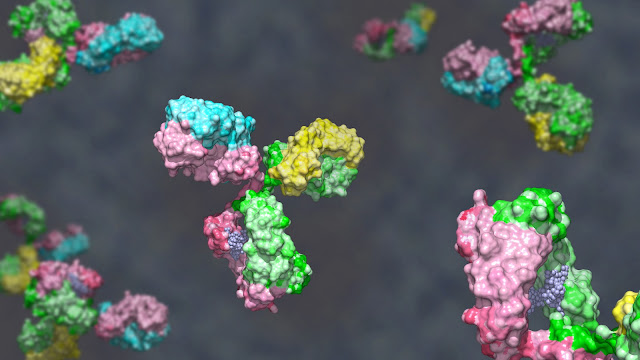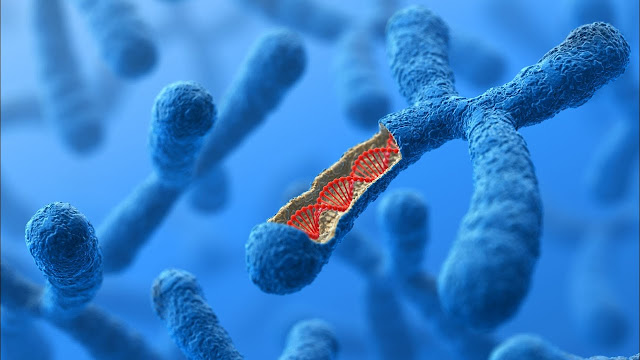The Increasing Expansion of Laboratories in the World Is Boosting the Growth of the Global Lab Automation Market
Lab Automation Market, By Product (Liquid Handling Products, Microplate reader, Robotics, and Others), By End User (Research Institutes, Biopharmaceuticals, and pharmaceuticals, Others), and By Region (North America, Latin America, Europe, Asia Pacific, Middle East, and Africa) - Size, Share, Outlook, and Opportunity Analysis, 2022 - 2030.
Market Overview:
Lab
automation refers to the use of advanced technologies, robotics, and software
systems to automate laboratory processes and tasks that were traditionally
performed manually. It involves the integration of various instruments,
devices, and software platforms to streamline laboratory workflows, increase
efficiency, and improve the accuracy and reproducibility of results.
Competitive Landscape:
Major
players operating in the global
lab automation market include Peak Analysis & Automation, Reshape
Biotech, Beckman Coulter, Inc., Molecular Devices, LLC, Endress+Hauser Group
Services AG, SPT Labtech Ltd, Porvair Sciences, UiPath, Siemens Healthcare
Private Limited, F. Hoffmann-La Roche Ltd, Merck KGaA, Abbott, COPAN
Diagnostics Inc., Hamilton Company, Agilent Technologies, Inc., QIAGEN, Thermo
Fisher Scientific, Danaher, PerkinElmer Inc., and Tecan Trading AG.
Key Market Drivers:
The
increasing volume of samples and complexity of laboratory workflows necessitate
automation to improve efficiency and accuracy. Lab
automation systems reduce human error, minimize sample contamination,
and enhance the reproducibility of results. This is expected to augment the
growth of the global lab automation market. For instance, according to the
International Laboratory Accreditation Cooperation, there are around 88,000
laborites in the world that were accredited by the ILAC MRA Signatories in
2022.
Technological
advancements, such as robotics, artificial intelligence (AI), machine learning,
and the integration of laboratory information management systems (LIMS), have
transformed lab automation. These technologies enable high-throughput
screening, faster data analysis, and streamlined laboratory processes, fueling
market expansion.
With
the growing need for rapid drug discovery and development, high-throughput
screening has become essential in the pharmaceutical and biotechnology
industries. Lab automation facilitates high-throughput screening, enabling the
screening of thousands of compounds in a short time, leading to increased
demand for automated systems. This is estimated to enhance the growth of the
global lab automation market.
Precision
medicine relies on accurate and personalized diagnostics. Lab automation plays
a crucial role in enabling precision medicine by automating molecular
diagnostics, genetic testing, and other specialized laboratory techniques,
driving market growth.
Covid-19 Impact Analysis:
The
COVID-19 pandemic led to a surge in demand for COVID-19 testing, putting
immense pressure on laboratory resources. Lab automation played a crucial role
in scaling up testing capacity, enabling high-throughput screening and faster
turnaround times. The urgent need to develop diagnostics, therapies, and
vaccines for COVID-19 prompted increased research and development activities.
Lab automation facilitated high-speed data generation, analysis, and
accelerated research workflows, aiding in the development of new testing methods
and treatment strategies. This boosted the growth of the global
lab automation market. For instance, in August 2021, Becton Dickinson
AG introduced a very advanced automated high-throughput molecular diagnostic
platform to be used in labs in the U.S. market.
Key Takeaways:
·
North America is
expected to dominate the growth of the global lab automation market, owing to
the presence of well-established healthcare infrastructure, advanced research
facilities, and major pharmaceutical and biotechnology companies. The region
has a high adoption rate of lab automation systems and technologies. For
instance, according to the American Clinical Laboratory Association, there are
currently around 25,505 diagnostic & medical laboratories in the United
States.
·
Europe is
estimated to witness high growth in the global lab automation market, owing to
the robust healthcare systems, increasing research and development activities,
and supportive government initiatives. The region has a strong focus on
precision medicine and personalized diagnostics, contributing to market growth.
For instance, in November 2022, F. Hoffmann-La Roche Ltd. partnered with
PathAI, in order to develop AI-based digital pathology applications for
improving patient care.




Comments
Post a Comment